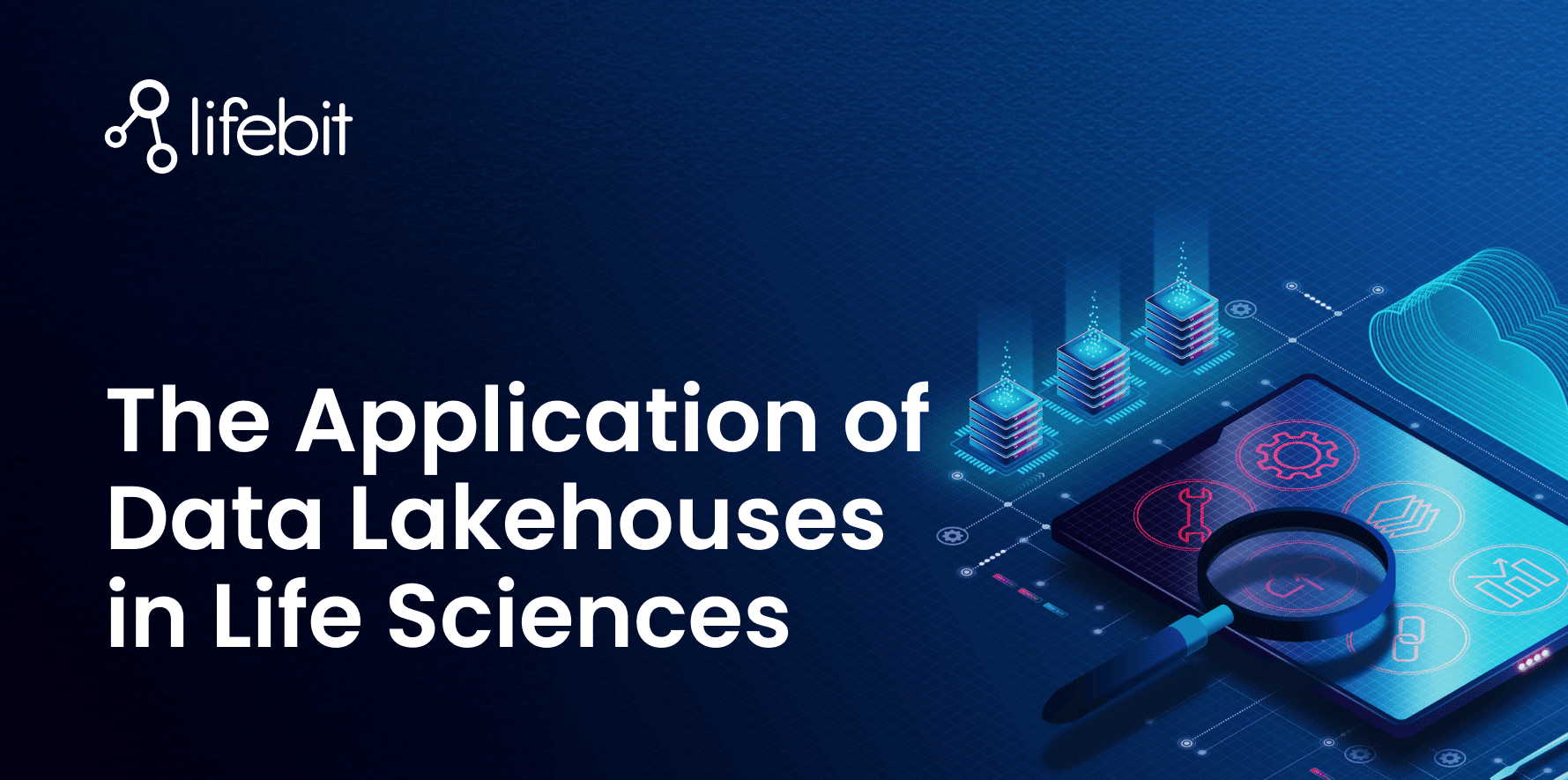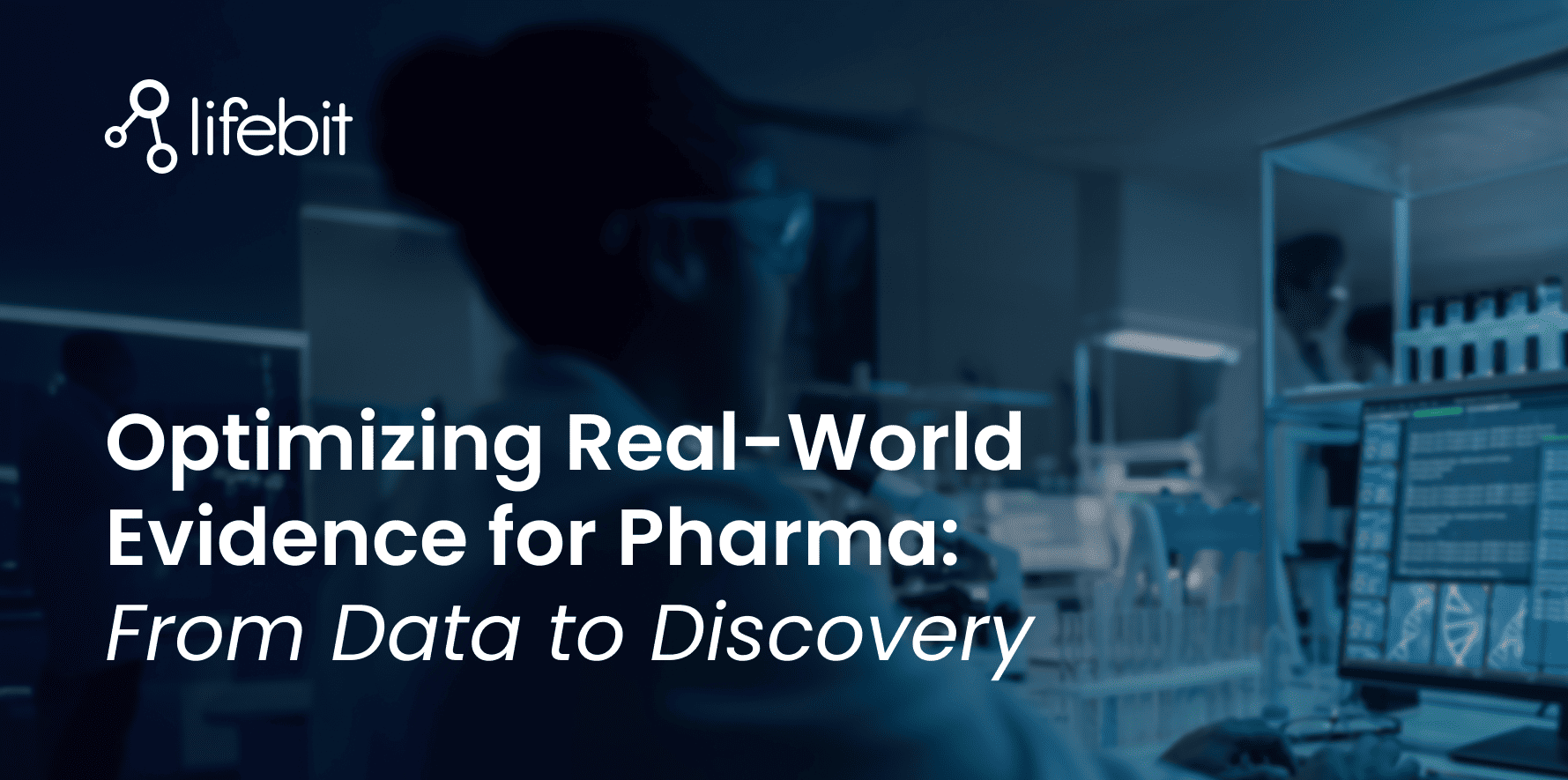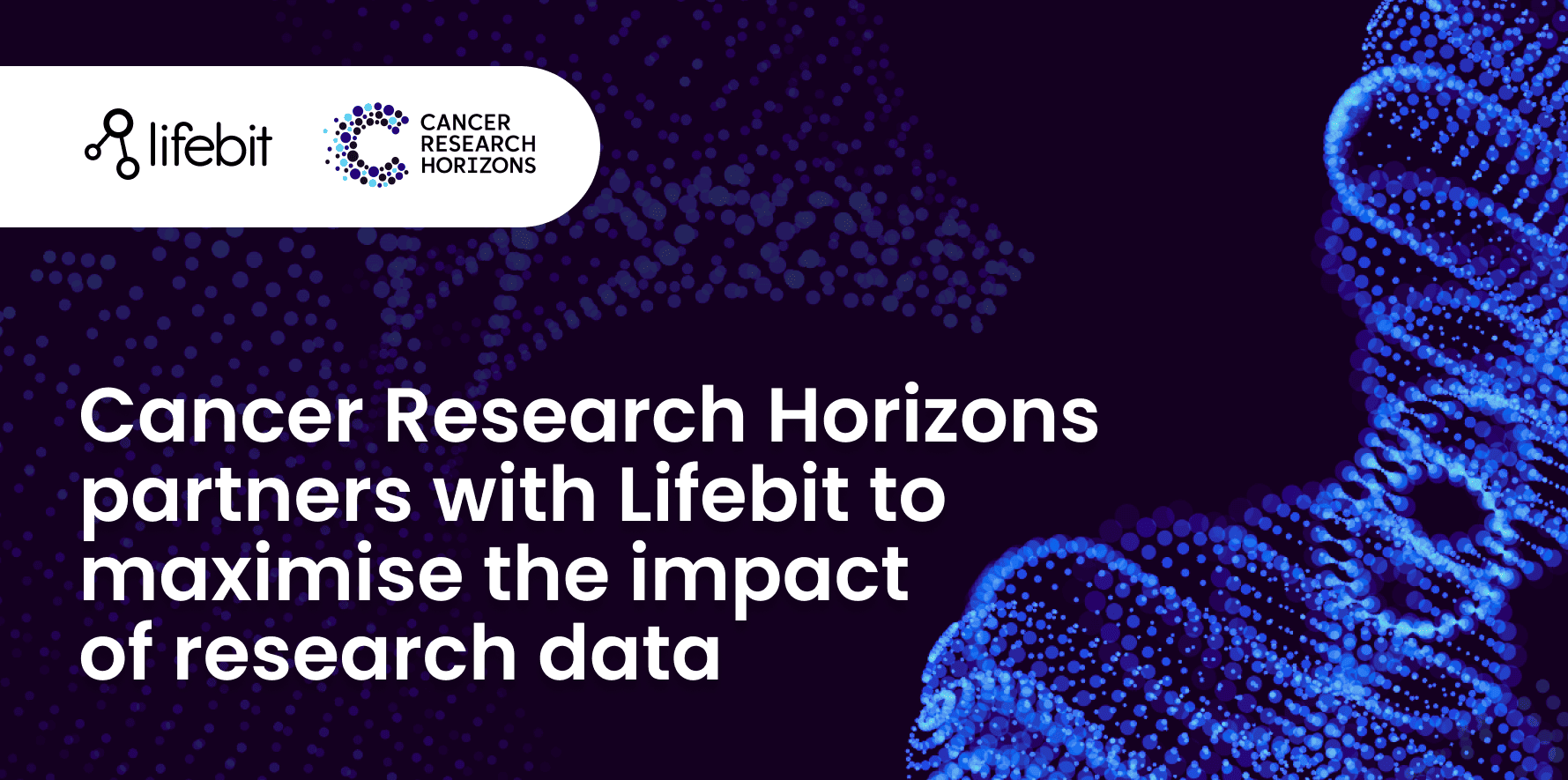

What are patient registries, and why are they important?
Lifebit
Introduction to patient registries
Understanding and treating disease is a data problem, with research indicating that a tenfold increase in dataset size can increase genetic findings by a factor of a hundred. However, the lack of secure data available to clinicians and researchers is currently failing patients, with 97% of hospital data going unused.
It is clear that safely accessing and analyzing this critical but sensitive patient data poses challenges for researchers and clinicians. Key issues that researchers face include:
-
Having timely access to large and diverse global datasets, which can often be stored in different locations
-
The data may not be interoperable, so it is difficult to effectively combine these datasets
-
More needs to be done by governments and organizations involved in the use of data to build public and patient trust in using of these data for research
Researchers and clinicians are missing out on the potential that health datasets can bring as they are difficult to access and combine for analysis. One way to overcome these issues is through the use of patient registries.
Patient registries collect and store information about patients with a particular disease or condition. They are essential tools for healthcare providers, researchers, and patients.
![]()
![]()
This article discusses the importance of patient registries and how they can benefit the healthcare industry and ultimately help enhance patient outcomes.
What is patient registry?
A patient registry collects standardized patient data and information on a specific disease or condition. This data can include:
-
demographic information,
-
medical history,
-
treatment plans and their efficacy,
-
patient outcomes.
Successful patient registries in cystic fibrosis, Duchenne muscular dystrophy, and other rare diseases have been a paradigm for speeding up progress on these conditions.
The benefits of patient registries
Patient registries can serve to overcome the research limitations inherent in the study of rare diseases, where patient numbers are typically small. Patient databases, such as the Cystic Fibrosis Foundation (CFF) can help bring about five key benefits, which are discussed below.
1. Advancing medical research
Patient registries can be crucial in accelerating medical research. By providing researchers access to a large pool of patient data, registries can help identify patterns and trends that may not be apparent in smaller studies.
2. Identifying gaps in care
Another important function of patient registries is identifying gaps in care. By analyzing data from many patients, healthcare providers can identify areas where patients are not receiving adequate care. This information can help them develop targeted interventions to improve patient outcomes and close these gaps.
3. Improving patient analytics
Patient registries also play a crucial role in patient analytics. Healthcare providers can gain valuable insights into patient populations by collecting and analyzing data from many patients. This information can help them identify risk factors, track disease progression, and develop targeted treatment plans. The data collected from electronic health records (EHR) can help to facilitate population-based studies, and feedback from this data can help improve care.
4. Enhancing healthcare systems
Patient registries can also benefit healthcare systems. By providing a comprehensive view of patient populations, registries can help healthcare providers identify areas where resources are needed most. This information can help them allocate resources more effectively and improve the overall quality of care.
5. Optimizing patient care
One of the primary benefits of patient registries is their ability to improve patient care. By collecting and analyzing data from many patients, healthcare providers can gain valuable insights into the effectiveness of different treatment plans. This information can help them make more informed decisions about patient care and improve patient outcomes.
Summary
Patient registries are essential for healthcare providers, researchers, and patients. These databases play a crucial role in improving patient care, advancing medical research, and identifying gaps in care. With the help of next-generation patient registry software, medical research foundations can seamlessly provide valuable insights and improve the healthcare industry. Look out for our next blog in the series that discusses some of the key challenges that patient registries face, specifically in the US
About Lifebit
Bring your health data to life with our end-to-end data management suite. Make your organization's data usable, securely accessible and impactful to accelerate research and ultimately improve patient outcomes.
Featured news and events

2025-03-26 11:17:46

2025-03-14 15:45:18

2025-03-05 12:49:53

2025-02-27 10:00:00

2025-02-19 13:30:24

2025-02-11 08:39:49

2025-01-30 12:47:38

2025-01-28 08:00:00

2025-01-23 09:07:20

2025-01-08 13:58:41

.png)

